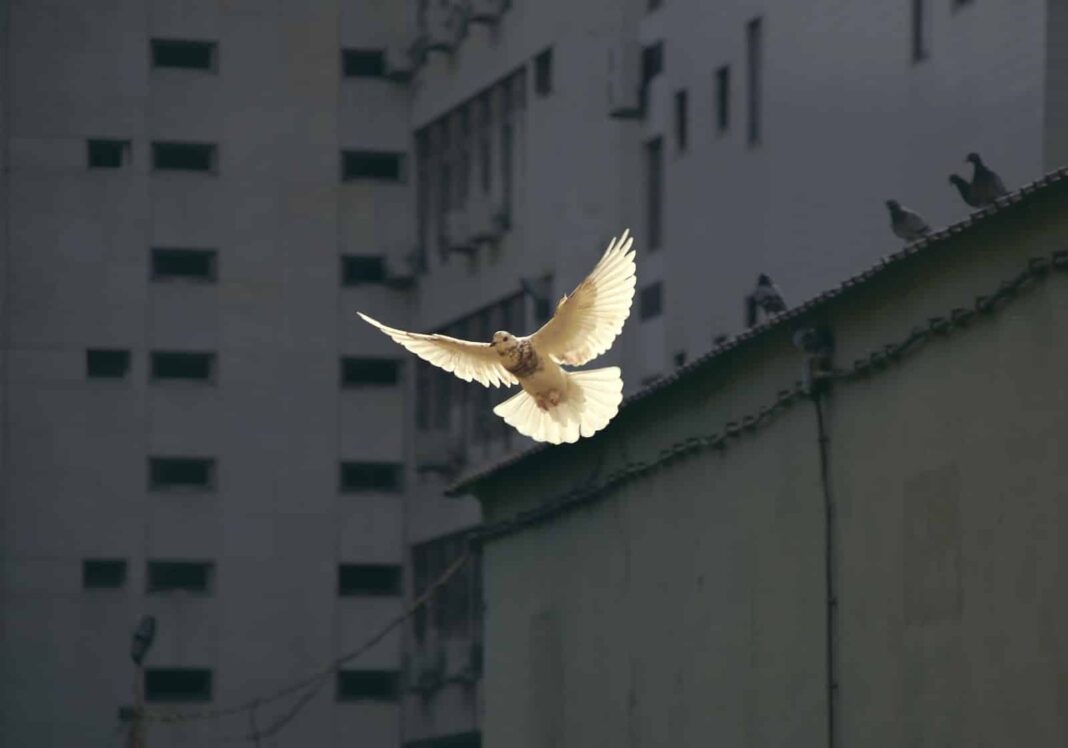In the history of the wars of the last millennium, the main platform of conflicts was Europe. But thanks to extraordinary decisions taken after the Second World War (for example, instead of continuing the confrontation, Germany and France created a structure of mutually beneficial relations – the European Union), the idea of a new war was practically excluded from the relations between the historical opponents. Unfortunately, some institutions created in the second half of the last century have proved to be less effective. The United Nations has failed since its creation to prevent any major wars, mainly due to the lack of mechanisms to resolve military conflicts by diplomatic means if Security Council members are involved in the conflict. Nor has it been able to establish an effective institution of negotiation between Council members in military conflict.
The world needs a new institution and also a different vision of relations between countries. The world needs to be more united and fairer for all, where today’s adversaries become allies. Indeed, there is a lack of a project that brings together all the countries of the world in a common cause.
In the modern world, there is only one absolutely neutral and “equidistant” centre that can create the conditions for dialogue between countries in conflict. This is Pope Francis, who in the global negotiation process offers real hope that it is possible to emerge from the conflict in Ukraine into a new creative reality. Francis, on the one hand, is irreconcilable with the evils of war; on the other hand, he maintains his political neutrality with all parties to the conflict, and this creates a new basis for the dialogue of civilisations.
The Pope acts as a moderating arbiter in the search for a just world and a peace formula that satisfies all, offering the Vatican as a platform for the negotiation processes of the conflicting parties. Here it is important to emphasise that the Vatican is a neutral state, the Pope is its head, and in his service to peacebuilding, he can rise above the confessional framework of Catholicism, presenting the Vatican not as the “capital of the Church”, but as an international platform for dialogue between countries of different traditions and cultures. I can imagine the presence in the Vatican of Orthodox, Muslim, Jewish, Buddhist and Confucian representatives, even atheists, with the Pope acting as a moderator.
In this context, the Vatican is the key piece in the jigsaw of the international relations system, the subject of law that is capable of restarting the UN’s activities, making them viable and effective. It is called upon to become an institution in which peace negotiations between the members of the Security Council become effective. To this end, the Vatican and the figure of the Pope are transformed from symbols of the West, i.e. a part of the Western ghetto, to the centre on a truly universal scale, a unifying symbol of East, West, North and South. Pope Francis’ reforms, often criticised by the Catholic faithful, actually point the way in this direction: out of the Western ghetto towards the construction of a single world, just for all.
Wars will not disappear as long as history lasts. But one thing is clear: the fewer wars there are, the closer we will be to the Kingdom of Heaven. And the role of the Pope and a new Vatican as the new Jerusalem are key in this process.









